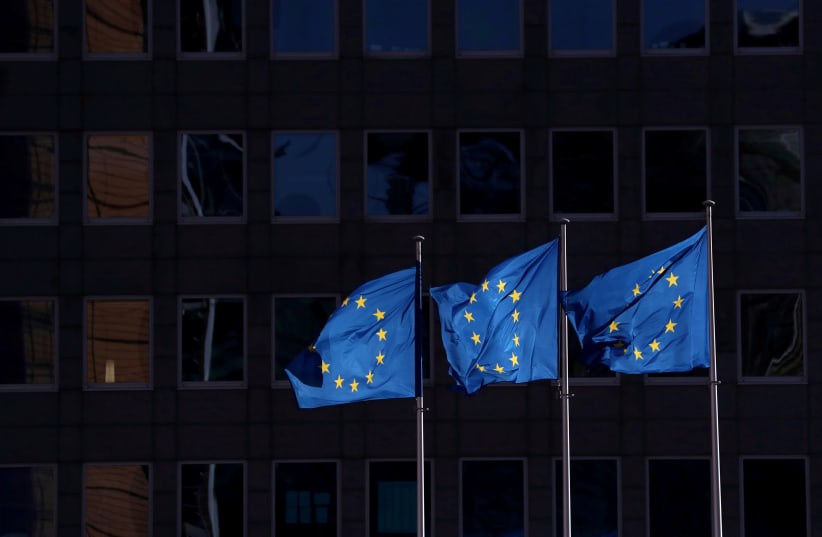President of the EU Research Council Prof. Mauro Ferrari resigned on Tuesday citing his disappointment over the European Union’s response to the COVID-19 pandemic, the Financial Times reported.
Ferrari made it clear that he is disillusioned with the mechanisms of the EU, not with the ideals of international collaboration which he still supports.
He pushed forward the idea that coronavirus outbreak must be dealt with new ideas and methods and, to accomplish this, the ERC should actively recruit scientists and shape such a policy. However, he was rejected as the policy of the ERC is to finance research requests from scientists, not to direct policy.
The EU member countries responded to the pandemic in different ways, showing that while European unity is an ideal many believe in when an emergency takes place each nation state is expected to set its own course.In Sweden, for example, the decision was to avoid nation-wide lockdowns and curfews in favor of the elderly staying in-doors and most of the population working as usual. Italy, Spain and France have suffered terrible death tolls and their medical services are working around the clock to offer help and avoid a collapse. Finland reported that, unlike other EU countries, it has plenty of medical supplies and emergency gear in stock due to its emergency policies.
The decline in the world’s economy expected as a result of the pandemic is also expected to hit the EU, yet it is unclear to what extent Germany will be able to offer its assistance, having already bailed out Greece and accepting many refugees from the Syrian Civil War.
Ferrari, an Italian-American man of science, is known for his contribution to cancer research.
